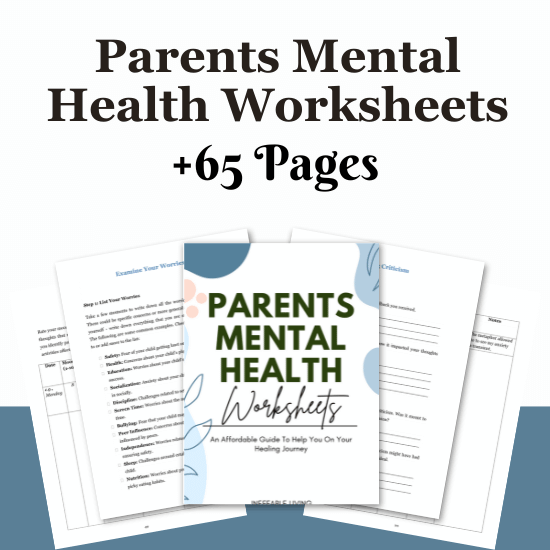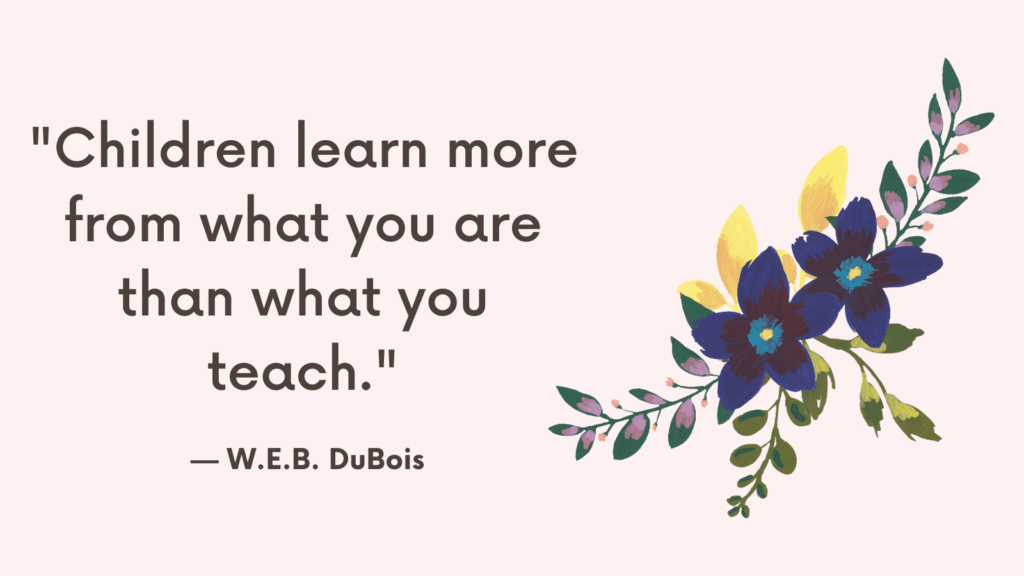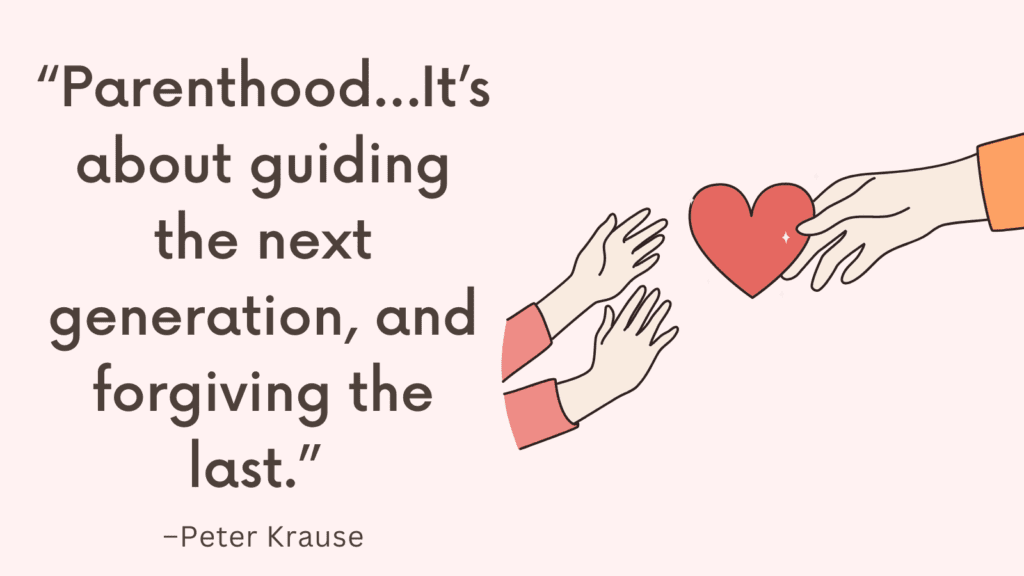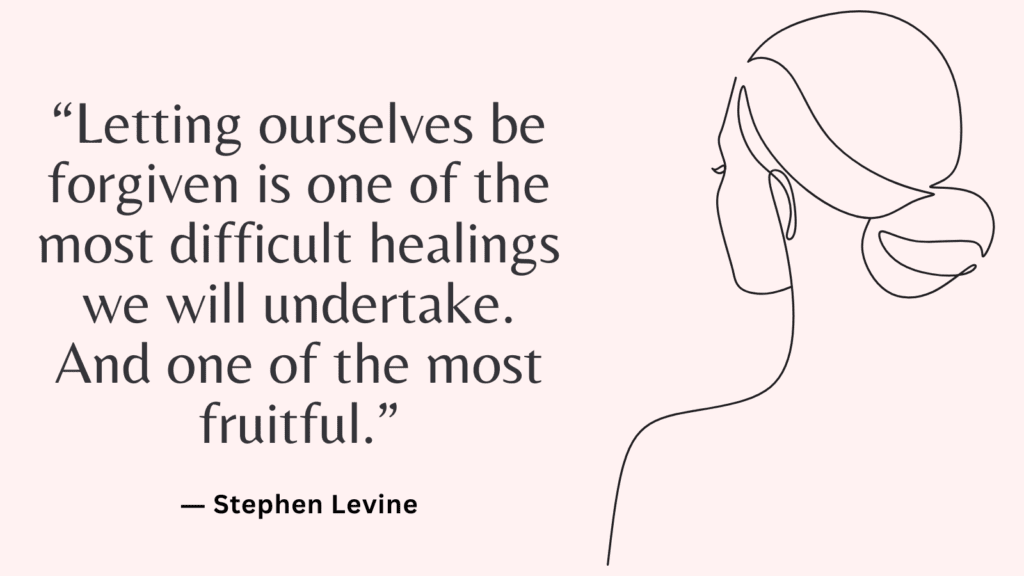Parenting can feel all-consuming — especially when you’re trying to hold everything together without dropping a ball or showing how much you’re struggling. But asking for help doesn’t make you a failure — it makes you human. And yet, the guilt can creep in: Am I weak? Am I letting someone down? Shouldn’t I be able to do this on my own?
Here’s how to ask for help as a parent — without guilt, shame, or apology.
Why You Should Ask for Help Without Guilt as a Parent?
1. Because Parenting Was Never Meant to Be Done Alone
Humans were not designed to raise children in isolation.
We once parented in villages, surrounded by a community of caregivers.
Today, many parents are doing the work of an entire support system — alone.
Asking for help is not weakness. It’s returning to something natural: shared care.
2. Because Burnout Helps No One
When you push yourself to the edge, you don’t just suffer — your family feels it too.
Irritability, resentment, emotional shutdown — these are signs that you’ve been carrying too much for too long.
Asking for help is not abandoning your role. It’s protecting your capacity to keep showing up.
Related: Parenting Stress: How to Prepare for a Smooth Back-to-School Transition?
3. Because Guilt Is a Sign of Social Pressure — Not Failure
If you feel guilty for needing help, it’s likely because you’ve internalized impossible standards:
- “Good parents never need breaks.”
- “Strong parents do it all.”
- “If I ask for help, I’ve failed.”
These aren’t truths. They’re social myths designed to glorify self-sacrifice at the cost of well-being.
You’re allowed to reject them.
4. Because Your Needs Are Just as Valid as Your Child’s
Parenting often puts your needs last. But your rest, emotions, and limits matter too.
You are a person — not just a caregiver.
When you ask for help, you’re not taking space away from your child. You’re making room for your own survival and sanity.
And that is not selfish. It’s necessary.
5. Because It Models Healthy Boundaries for Your Kids
Children learn how to care for themselves by watching you.
If they see you:
- Asking for support
- Honoring your limits
- Accepting help without shame
They grow up believing those things are okay for them, too.
That’s a gift far greater than pretending to be invincible.
Related: How to Deal With Mom Guilt When You’re Not Loving Motherhood?
6. Because There’s Strength in Vulnerability
Letting others in takes courage.
Being honest about your limits is braver than pretending they don’t exist.
And building a support system is how families — and parents — thrive, not just survive.
How to Ask for Help Without Guilt as a Parent?
1. Acknowledge That Asking for Help Is a Strength
You’re not weak for needing help — you’re wise for knowing your limits.
Parenting is not a solo sport.
The healthiest families are supported ones — not perfect ones.
Say to yourself: “Asking for help is how I protect my energy and show up better for my family.”
2. Let Go of the “I Should Be Able to Handle This” Lie
The idea that “good parents don’t need help” is toxic and false.
You are one person.
You’re allowed to be tired, overwhelmed, and unsure.
Needing help doesn’t mean you’re not doing enough — it means you’ve been doing too much for too long.
Related: “Parental Guilt”: How to Navigate Guilt as a Parent or Caregiver?
3. Get Clear About What You Actually Need
Vague requests are harder to fulfill and easier to dismiss.
Instead of “I need help,” try:
- “Can you take the kids for an hour so I can rest?”
- “Could you bring over a meal this week?”
- “Would you mind switching school pickup on Thursday?”
Clarity invites action — and gives others a real chance to support you.
4. Ask People Who Are Capable and Safe
You don’t have to ask everyone — just the people who can respond without judgment.
Look for people who:
- Have helped before
- Know what it’s like
- Can listen without offering shame or solutions you didn’t ask for
Start small and build your support system from there.
5. Accept the Help Offered — Even If It’s Not Perfect
Sometimes help won’t come exactly how you would do it — and that’s okay.
Let go of perfection. Let go of micromanaging. Let yourself receive.
Your job isn’t to control everything. It’s to rest when someone offers to lighten the load.
Related: How to Recognize Stress in Children and Help Them Cope?
6. Remind Yourself What You’re Modeling
By asking for help, you’re showing your kids:
- It’s okay to have needs
- It’s okay to ask for support
- Strength includes vulnerability
You’re not just parenting — you’re teaching by example.
7. Respond to Guilt With Truth
If guilt creeps in, meet it with this:
- “I’m not selfish. I’m stretched.”
- “My needs matter, too.”
- “This is not weakness — this is how we stay well.”
You can’t give endlessly without receiving. That’s not sustainable — or loving.
Related: How to Cope with Depleted Mother Syndrome?

Conclusion
You are not a bad parent for needing help — you’re a better one when you ask for it.
You deserve care, rest, and support — not just for what you do, but because you are a person, too.
Asking for help isn’t giving up — it’s refusing to break down alone.



